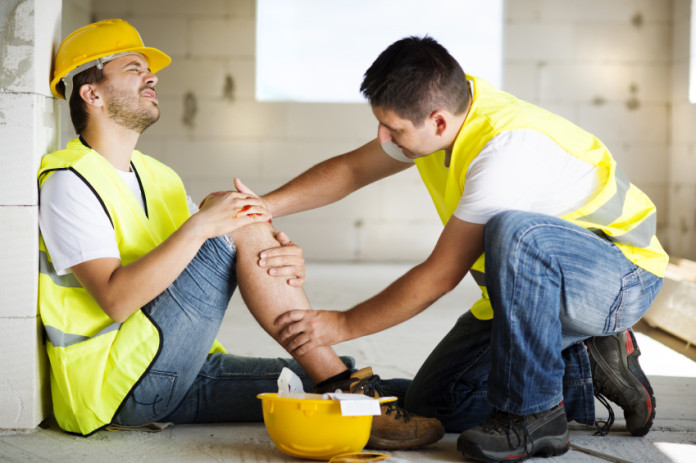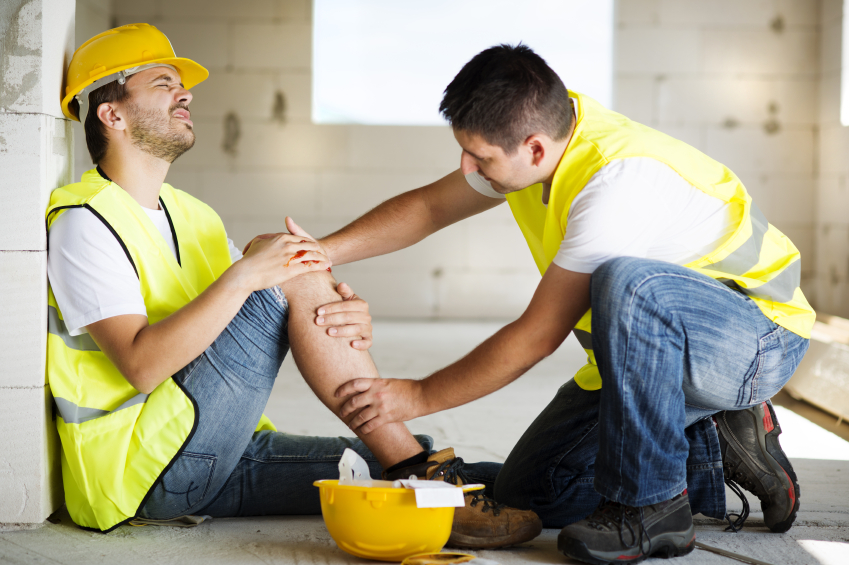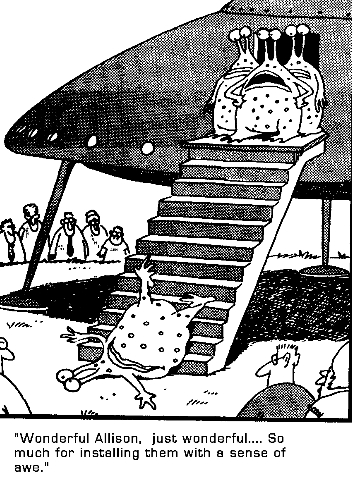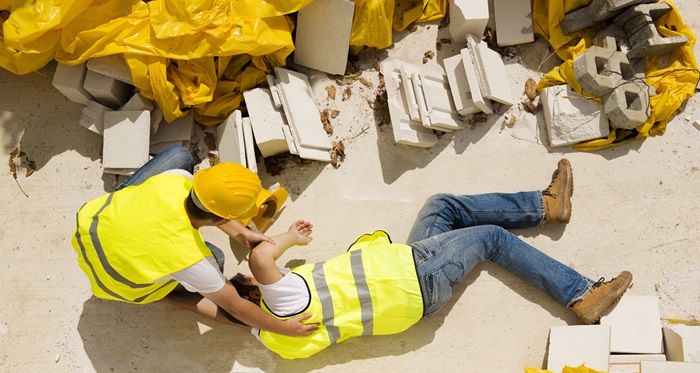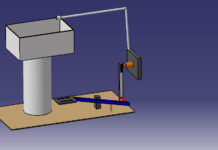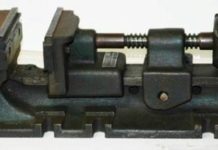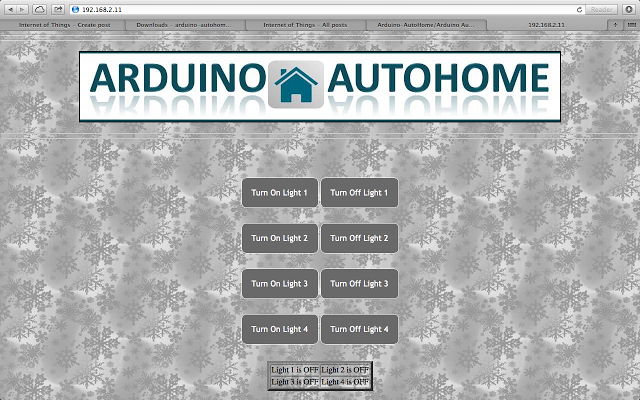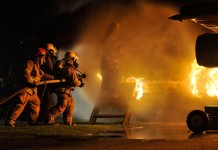ACCIDENTS AND THEIR TYPES
The accidents are the mishaps leading injury to man, machines or tools and equipment and may cause injury and result either death or temporary disablement or permanent disablement of the industrial employees. A survey was conducted in 1952 in America which specified that approximately ten thousands industrial persons were killed in accidents and more than lakhs were injured in a year. The accidents are unwanted events or mishaps that result in some sort of injury to men, material, machines, tools, equipment and semi or finished product hence, a loss to the whole establishment. The total cost of these accidents was more than crores of dollars. An industrial accident may be defined as an event, detrimental to the health of man, suddenly occurring and originating from external sources, and which is associated with the performance of a paid job, accompanied by an injury, followed by disability or even death. An accident may happen to any employee under certain circumstances. The said injury or loss may be minor or major in nature and accordingly the accident is termed as non-reportable or reportable kind. It should, however, be understood that no hard and line of demarcation can be laid between these two aspects and their identification varies with the place of application. For example a small burn or cut oft body will be reportable accident in a workshop whereas the same, can be treated by first aid and does not involve any appreciable
loss of time, not be considered a reportable accident. Few industries determine the accidents by the extent to which it leads to the disablement of the victim and number of hours or days he is to remain absent from duty on account of the problem. There are others which take into consideration various factors like machine, tools, materials, cost of medicines, loss of production and compensation to be given to the worker who meets with the accident. An accident can be very costly to the injured employee as well as to the employer of the manufacturing concern. Some direct or indirect costs are associated with accidents in industries. The direct costs involve payment of compensation and overheads uncompensated wage losses of the injured employees, cost of medical care and hospitalization. Whereas indirect costs of an accident comprise of costs of damage of machines, materials and plant equipments, costs of wages paid for time lost by workers not injured, costs of wages paid to the victim, costs of investigating agency involving recording and reporting of accidents and its causes, costs of deputing new employee for replacement of the injured employee, cost of decreased production by the substituting victim, cost of delays in production due to accident, cost of reduced efficiency of the victim when he joins the manufacturing concern after getting recovered and cost of lowered production due to reduced morale of employees. An accident is an unexpected event which is likely to cause, an injury. Proper diagnosis of causes of mishappening and corrective measures of the same always helps in preventing future accidents. Accidents in industries put a heavy burden on society also. All direct and indirect cost to the management will ultimately have to be met by the consumers in terms of increased cost of
product. Also, the financial burden of disabled persons and their dependents have to be born by society. Thus every citizen in a nation has to bear a proportion of the cost of accidents. Every care and prevention therefore should be evolved adopted to prevent accidents to the maximum possible extents. Accidents do not just happen but they are caused because of failure to follow the needed safety precautions and safety rules. If someone is honest with himself, he cannot think of a single accident that could not have been prevented by care. There are various types of common accidents needing due attention to prevent them which are as follows:
1. Near Accident
An accident with no damage or injury is called near accident.
2. Trivial
An accident with very less damage is called trivial.
3. Minor Accident
It is an accident with damage and injury more than trivial.
4. Serious Accident
An accident with heavy damage and lot of injury is called serious accident.
5. Fatal
It is an accident with very heavy damage. There may be loss of lives also.
3.4.1 Effect of Accidents
The adverse effects of the accident are given as under—
(A) Effect on the owner of factory
(i) Direct cost of an accident
1. Cost of the compensation paid to the workers.
2. Cost of the money paid for treatment.
3. Cost of the monetary value of damaged tools, equipments and materials.
(ii) Indirect cost of an accident
1. Cost of the lost time of injured worker.
2. Cost of the time lost by other employees.
3. Cost of the delays in production.
4. Cost of the time lost by supervisors, safety engineers etc.
5. Cost of the lowered production due to substitute worker.
(B) Effect on worker
1. The industrial workers may get temporary or permanent disability.
2. If the industrial worker dies, his family loses the earner and the compensation never equals to his earnings.
3. Accident also affects the morale of the employees working in the manufacturing environment.
(C) Effect on society
Work connected with injuries put a considerable burden on society also as given as under:
1. Cost of accidents is included in the products, so the society has to pay more prices for the industrial products.
2. If some industrial workers do not come under compensation act, the need for help from society is much greater.
3. Loss of production hours may causes fewer products in market. So more prices if demand is more than production.
Reference Introduction to basic Manufacturing Processes and Workshop Technology by Rajender Singh.
For engineering project visit this page regularly for know more things related project ideas. Click here to see Ideas of Projects.

